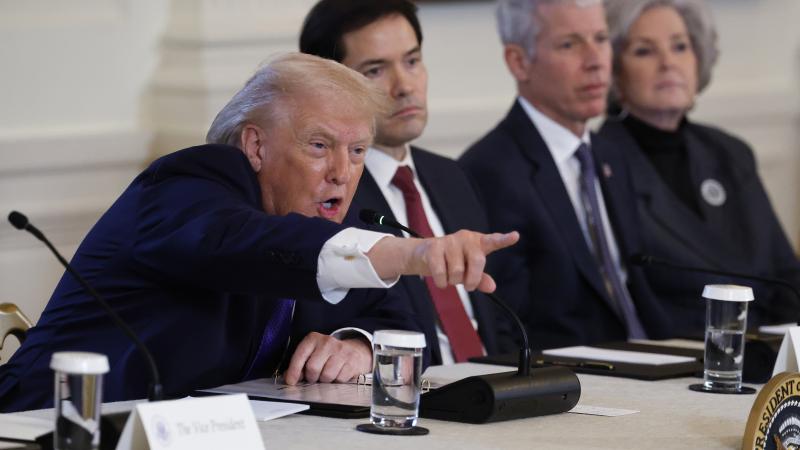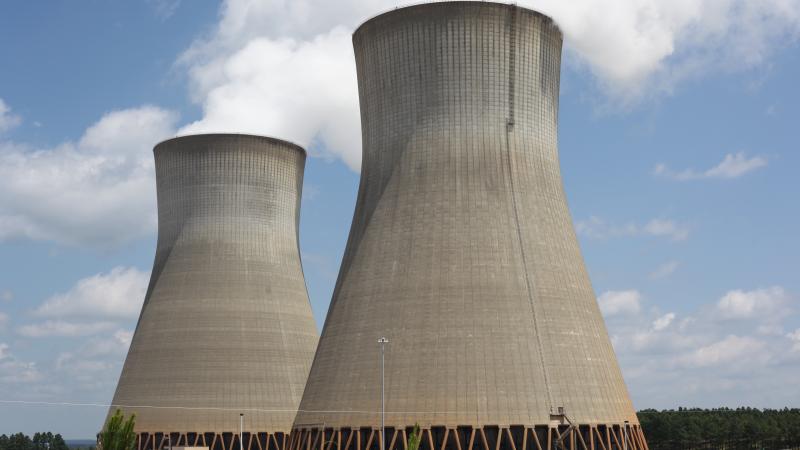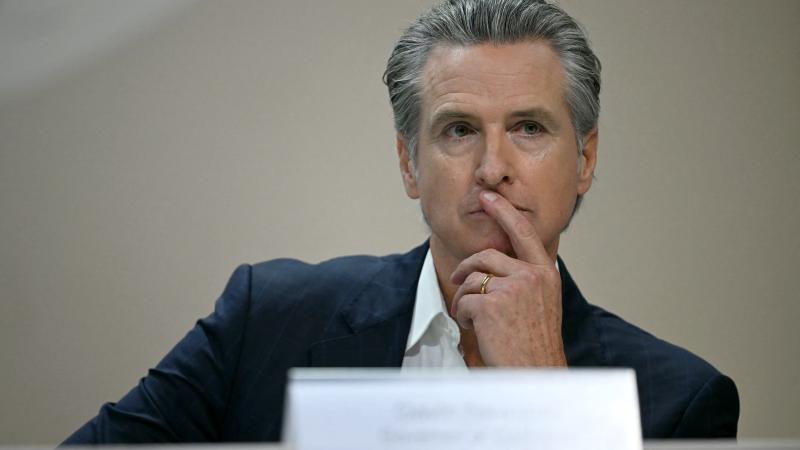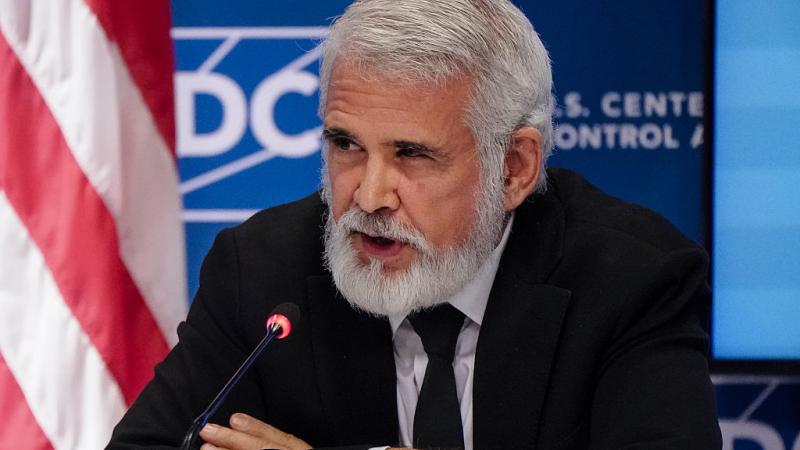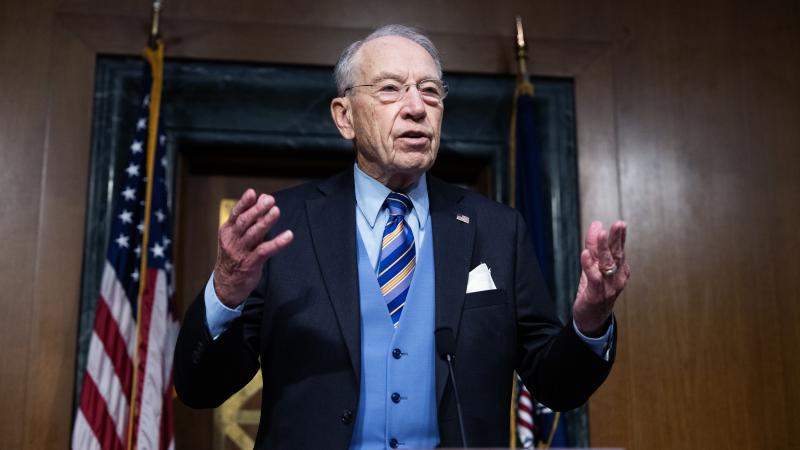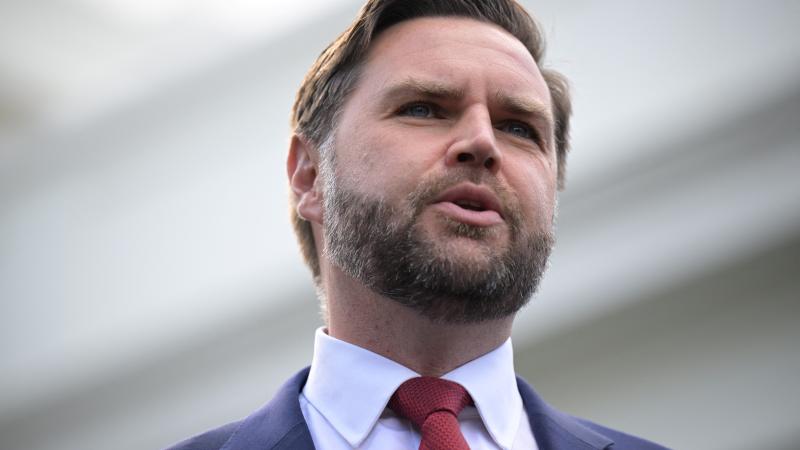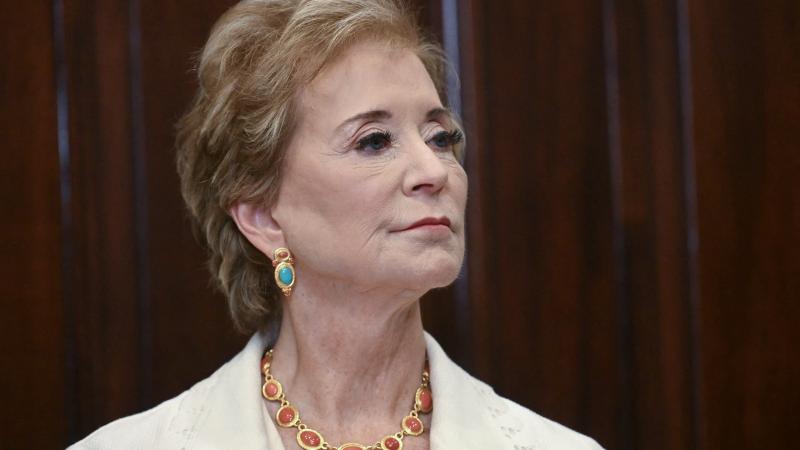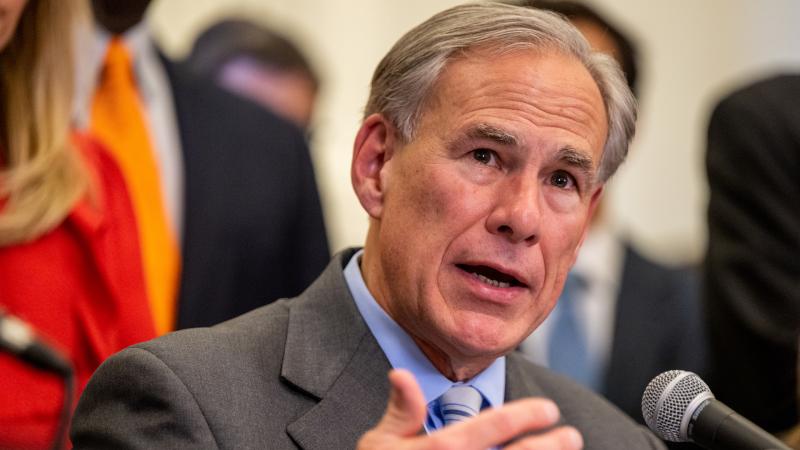Project claiming to provide 'trusted education' is biasing judges in climate cases, critics say
The Climate Judiciary Project claims to provide judges with objective information on climate science. Critics say its curriculum focuses exclusively on the most alarmist positions and lacks any presentation of disagreements or uncertainties that exist within the research.
Hawaii’s First Circuit Court will hear arguments Tuesday for a motion asking for summary judgment in a climate lawsuit filed by the city of Honolulu in 2020. The energy companies targeted in the lawsuit argue in their motion that the statute of limitations makes the plaintiffs’ case unsubstantial.
The plaintiffs’ complaint alleges that fossil fuels are causing "disastrous global warming," which they claim the energy companies kept from the public. George Mason University law professor Donald Kochan told The Center Square that the motion makes a strong case and could be successful.
As with other critics of the wave of climate litigation hoping to extract billions of dollars from oil companies over alleged damages suffered as a result of climate change, Kochan said Honolulu’s lawsuit punishes people for lawful activities and seeks to create climate policies through the court system. Other critics have pointed out that, should the lawsuits be successful, consumers will ultimately pay the costs of any settlements.
Defendants and critics of these types of lawsuits are hoping the courts will rule against the plaintiffs in these cases, which they argue are filled with meritless claims. But some are concerned that a project by the Environmental Law Institute is biasing some of the judges overseeing the cases against the defendants.
The Climate Judiciary Project claims to provide “judges with authoritative, objective, and trusted education on climate science, the impacts of climate change, and the ways climate science is arising in the law." Critics say its curriculum focuses exclusively on the most alarmist positions in climate science and lacks any presentation of disagreements or uncertainties that exist within the research.
“ It's all very lopsided in one direction,” Jason Isaac, CEO of the American Energy Institute, told Just the News.
The Environmental Law Institute stood by the information the project provides judges. In a statement, the institute said the modules are “fact-based and science-first.”
Uncovered emails
Earlier this month, Fox News uncovered an archived email exchange among five judges and Climate Judiciary employees. In 2022, the emails show, Judge Travis Laster, vice chancellor of the Delaware Court of Chancery, shared a YouTube video of a climate presentation from a state official and a Columbia University professor.
In the email, Laster asked others not to share the link to the video, saying that “the powers that be will be happier that I said" not to share it.
The video contains a lecture from Shawn Garvin, then-head of the Delaware Department of Natural Resources and Environmental Control, and professor Michael Gerrard from the Sabin Center of Columbia Law School. The center’s website states that it “develops legal techniques to combat the climate crisis and advance climate justice, and trains the next generation of leaders in the field.”
Judges from across the country replied to Laster’s email, praising the video. “Thank you, and this is great work!” said Judge Thomas Harmon, County Court Fourth Judicial District of Douglas County, Nebraska. “Your presentation will be an excellent model for the rest of us who will be speaking to our state colleagues,” Justice Rebecca A. Duncan of the Oregon Supreme Court said.
Judge Stephen Sheele, who was at the time a judge in Indiana’s Lake Superior Court’s Civil Division, replied to Laster’s email saying it is “great work/great stuff; congrats on a job well-done.”
Sheele was quoted in testimonials for the Climate Judiciary Project. “It’s been truly a privilege. I am welcomely absorbing everything that has been brought to us, and I look forward to carrying that forward and paying it forward,” Sheele said in his testimonial.
Gerrard mentions during his lecture in the video that climate lawsuits have the potential to bankrupt energy companies.
Once in a lifetime
While several judges spoke highly of the video, it appears to make a number of misleading claims about extreme weather. Garvin discusses flooding in Delaware and claims that these “once in a lifetime” flooding events are “going to become more frequent and more often” as a result of climate change.
The Intergovernmental Panel on Climate Change (IPCC), a consortium of the world’s leading climate scientists, does not attribute climate change to any changes in flooding.
“In summary there is low confidence in the human influence on the changes in high river flows on the global scale. In general, there is low confidence in attributing changes in the probability or magnitude of flood events to human influence because of a limited number of studies, differences in the results of these studies and large modeling uncertainties,” the IPCC states in its latest assessment report.
Garvin also claims that sea level rises of 14 inches over the next century will make water undrinkable in the state. He doesn’t mention that global sea levels have been rising since at least the mid-1800s, without any disastrous consequences, even prior to modern infrastructure developments. Studies show that recently there’s been only a minor acceleration.
Garvin also shows some projections of a 9-23 inch rise in sea level. They are based on what’s called a “business as usual” emissions model. Researchers such as Dr. Roger Pielke Jr., senior fellow at the American Enterprise Institute, say the “business as usual” model is based on old estimates of emissions that do not reflect reality today.
Absent perspectives
The Climate Judiciary Project modules don’t contain any perspectives from scientists who dispute the “climate crisis” narrative, including Pielke or Dr. Judith Curry, president of Climate Forecast Applications Network (CFAN) and former chair of the School of Earth and Atmospheric Sciences at the Georgia Institute of Technology.
Curry argues that climate change presents risks but nothing like the catastrophic claims that are often reported. She also argues that climate science is full of uncertainties about the degree to which carbon-dioxide emissions are contributing to warming and how that plays out in extreme weather.
As with the video Laster shared, the modules also contain claims that some researchers dispute, but the disagreements are absent in the curriculum. Writing in RealClear Policy, Isaac with the American Energy Institute, points out the modules cite a study by Richard Heede, who is an advocate of climate litigation. His study claims that just 100 companies are responsible for 71% of global emissions. The study, which the Climate Judiciary Project calls “groundbreaking,” was funded by the Rockefeller Brothers Fund, which advocates for the elimination of fossil fuels.
“Even Snopes, another left-wing organization,” has debunked it, saying it’s not credible information,” Isaac said in an interview. Snopes, the liberal fact-checking site, argues that the study doesn’t assess all sources of global emissions worldwide, which includes agriculture, transportation, heating and cooling. Heede’s study only looks at fossil fuel producers.
Authoritative sources
The Environmental Law Institute said in its statement that the curriculum is developed with “a robust peer review process that meets the highest scholarly standards.” It’s written and reviewed, according to the institute, by leading scientists and other experts in the various topic areas.
“It is grounded in numerous reports and assessments from groups such as the U.S. Global Change Research Program’s National Climate Assessment, the U.S. National Academies of Sciences, Engineering and Mathematics, and the World Meteorological Organization’s Intergovernmental Panel on Climate Change– all authoritative sources of information with widespread credibility,” the institute’s statement said.
As an example of the disputable claims made in its modules, Just the News asked about statements in a module on the impacts of climate change. “Climate change has already impacted the production of food and food security as a result of warming, shifts in rainfall patterns, and increases in some types of extreme events,” the training tells judges participating in the project.
However, the module doesn’t mention that multiple crops across multiple regions are seeing record-high yields, including staples such as wheat, barley, corn, rice and soybeans. Likewise, death rates from malnutrition are at historic lows.
Addressing this point, the institute said the claim in the module “cites the IPCC’s Special Report on Climate Change and Land, which represents the work of hundreds of authors.”
Their drafts, the statement reads, were subject to multiple rounds of formal review and revision during which more than 28,000 written review comments – submitted by 596 individual expert reviewers and 42 governments – were considered.
“Far from presenting ‘the most alarmist presentation of the impacts of climate change,’ our curriculum provides information that represents the convergence of evidence from myriad studies and sources,” the statement read.
The IPCC’s special report is part of its summaries for policymakers, which summarize the complex technical information in the IPCC’s assessment reports. It’s a report meant to reach those who create climate policies. Researchers such as Pielke have argued the reports use politicized language that is far more alarmist than is reflected in the IPCC’s research.
With the Environmental Law Institute asserting its training as a comprehensive presentation of the science on climate change, it’s not likely that the work of researchers like Pielke or Curry will be included in the modules anytime soon.
The Facts Inside Our Reporter's Notebook
Links
- argue in their motion
- The Center Square
- wave of climate litigation
- consumers will ultimately pay the costs
- Climate Judiciary Project
- curriculum focuses exclusively
- American Energy Institute
- Fox News uncovered
- shared a YouTube video
- Sabin Center of Columbia Law School
- Judge Thomas Harmon
- Justice Rebecca A. Duncan
- testimonials for the Climate Judiciary Project
- Intergovernmental Panel on Climate Change
- states in its latest assessment report
- since at least the mid-1800s
- minor acceleration
- Dr. Roger Pielke Jr
- do not reflect reality today
- Judith Curry
- Climate Forecast Applications Network (CFAN)
- School of Earth and Atmospheric Sciences
- Georgia Institute of Technology
- argues that climate change presents risks
- climate science is full of uncertainties
- Writing in RealClear Policy
- Richard Heede
- groundbreaking
- advocates for the elimination of fossil fuels
- has debunked it
- explains that the study
- module on the impacts of climate change
- wheat
- barley
- corn
- rice
- soybeans
- historic lows
- Special Report on Climate Change and Land
- Researchers like Pielke
